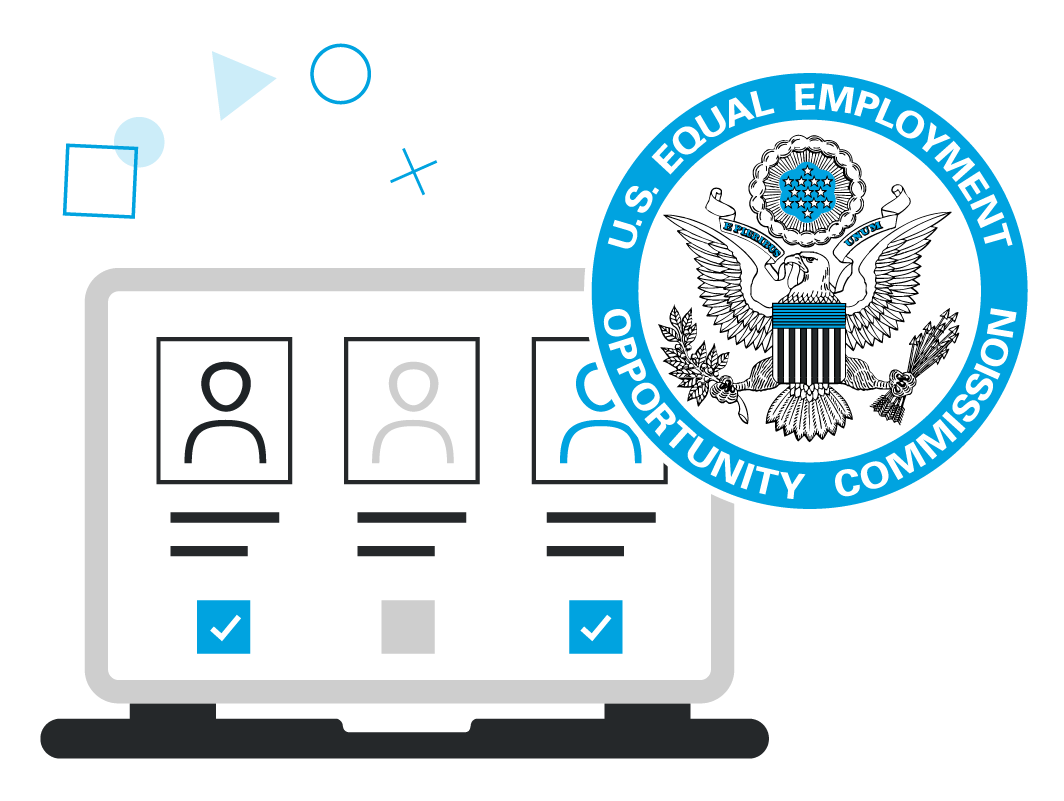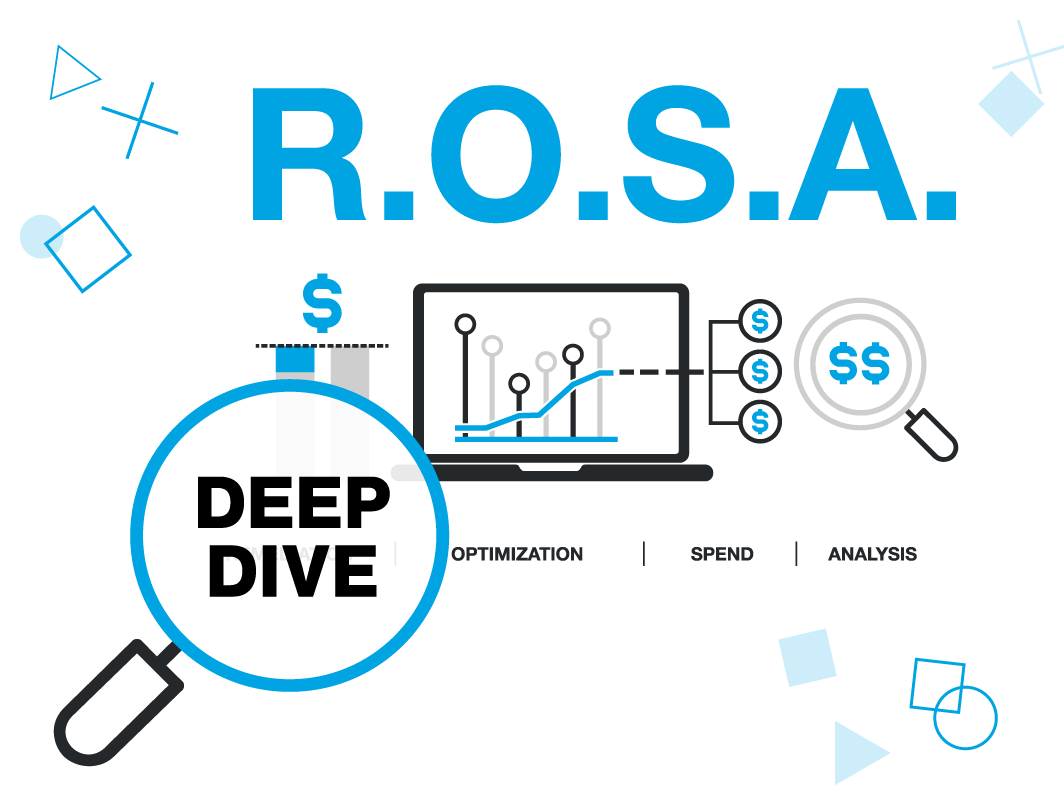
![]()
Connecticut’s Amended Pay Equity Law – An Act Concerning the Disclosure of Salary Range for a Vacant Position – (“the Act”) went into effect October 1, 2021. The Act applies to all organizations within Connecticut that have at least one employee.
Under the Act, new requirements necessitate Connecticut employers to disclose the wage range for vacant positions to both job applicants and existing employees. The upfront transparency should assist in reducing gender and race/ethnicity wage gaps by widening the range of comparable employees for equal pay violations.
Below we’ve covered everything you need to know about complying with Connecticut’s Amended Pay Equity Act.
What does the Act require?
Under HB 6380, a Connecticut employer cannot:
- Fail or refuse to provide an applicant for employment the wage range for a position for which the applicant is applying, upon the earliest of (A) the applicant’s request or (B) prior to or at the time the applicant is made an offer of compensation.
- Fail or refuse to provide an employee the wage range for the employee’s position upon (A) the hiring of the employee, (B) a change in the employee’s position with the employer, or (C) the employee’s first request for a wage range.
“Wage range” is defined as the “range of wages an employer anticipates relying on when setting wages for a position.” This can include reference to pay scales, previously determined range of wages for the position, actual ranges for the employees who currently hold a comparable position or the employer’s budgeted amount for the position.
Which employers must comply with the Act?
All employers, public and private, with at least one employee in Connecticut.
Are there any exceptions to the Act for Equal Work Act for Legitimate Pay Differences?
The Act lays out a limited set of circumstances where employers can pay employees differently despite performing work of comparable character. These exceptions are:
- a seniority system;
- a merit system;
- a system that measures earnings by quantity or quality of production; or
- a differential system based upon a bona fide factor other than sex, including, but not limited to:
- education
- training
- credential
- skill
- geographic location
- experience
An employer must prove the differential factor is job-related and consistent with the requirements of the business.
Employers cannot discharge, expel, or discriminate against an employee who opposed any discriminatory compensation practice or because such person filed a complaint, or testified or helped with filing a complaint or lawsuit.
What are the penalties for non-compliance?
Individuals may bring a civil suit for violations of the act within two years after the alleged violation. Potential remedies are compensatory damages, attorney’s fees, costs, punitive damages, and other equitable relief.
What should I do?
It is important to note that this law applies to applicants and current employees. It also prohibits employers from failing or refusing to provide their employees with their wage ranges, when hired, when their position changes, or upon the employee’s first request for a wage range.
With any change in position, an employer should notify employees of their new salary and of the wage range for the position. Employers should also consider adding the wage range to any offer letters provided to potential new hires.
Organizations considering performing a proactive pay equity audit should ensure that they are legally protected. Best practices include consulting with counsel and accountants about safeguarding the information documented and discovered during the pay equity audit. If you feel that you don’t have the in-house capability to conduct an equal pay audit, consider the data quality management expertise of a professional DEI partner.
Working with outside vendors like Trusaic that have specific expertise in data cleansing and validation will ensure that the results of your pay audit will be accurate and protected. As the saying goes, garbage in, garbage out (GIGO) – a meaningful review of pay practices depends on the integrity of your employment data.
To learn more about conducting a pay equity audit, read our Global pay equity strategy guide.
.



